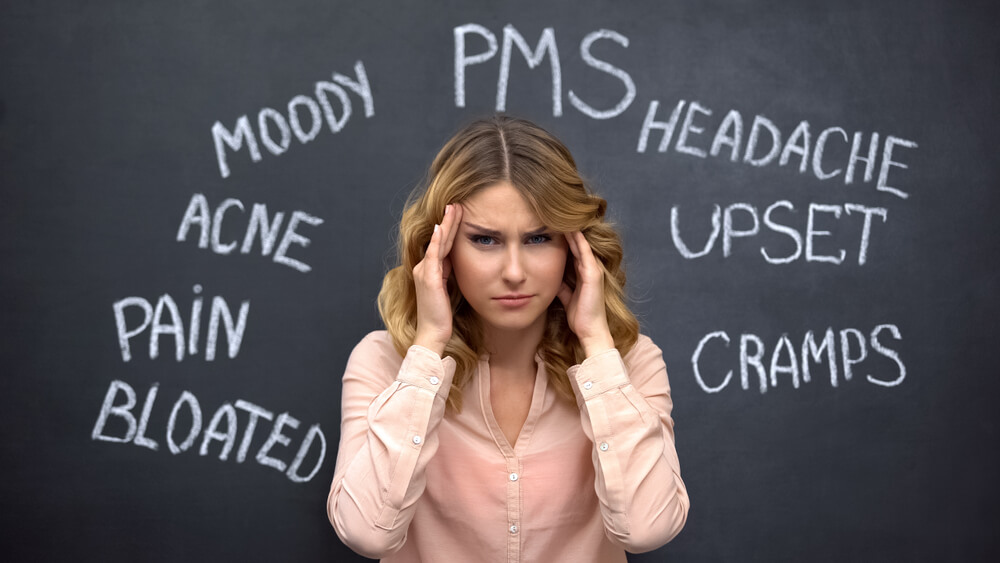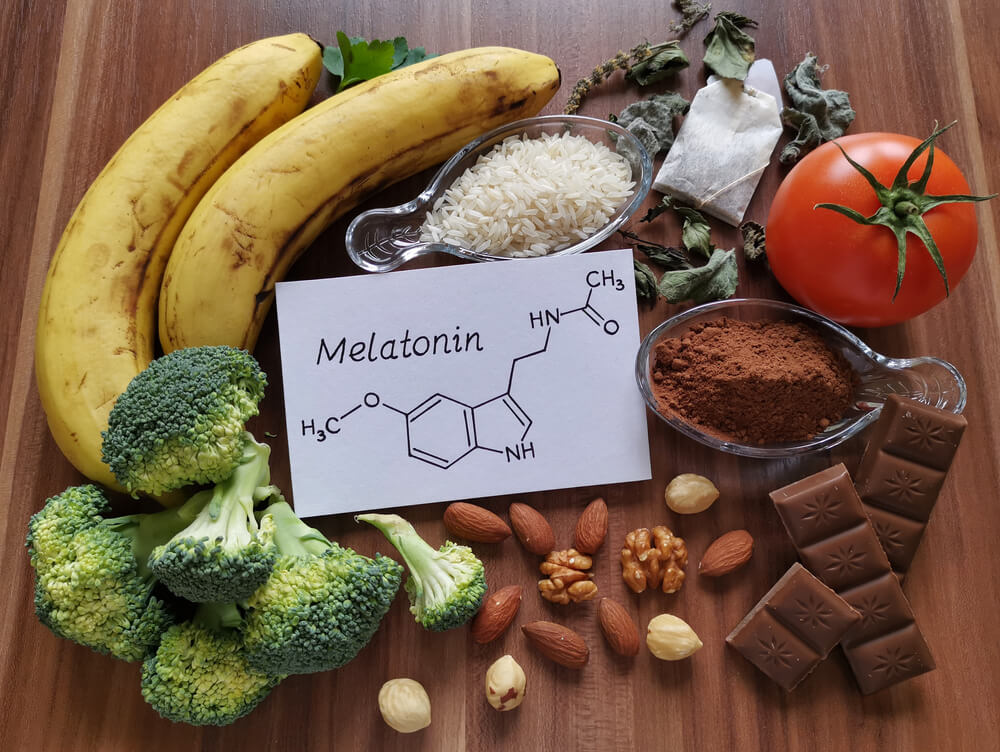Learning how to balance hormones is crucial, especially if you are a woman. If your hormones are out of balance, you can experience hair loss, irritability, fatigue, blood sugar problems, infertility, etc. Luckily, you don’t have to turn to medications to regulate your hormones; you can do it the natural way. So, if you’re interested in the top tips on balancing hormones naturally, this article is ideal for you.
Word of caution: Some hormone imbalances are more severe than others. Before self-diagnosis and self-medication, reach out to a trusted clinic such as a women’s center in Hialeah. This way, you can consult with a professional to determine whether there are any underlying causes you need to address first.
That being said, here’s how to balance hormones the natural way.
Read on.
Common Signs of Hormonal Imbalance in Women

Before learning how to balance hormones, you’ll want to discover what causes the imbalances in the first place. In brief, imbalances happen when there is too little or too much of a hormone in your bloodstream. Since each hormone has an essential role in your body, even a tiny imbalance can lead to serious side effects.
Hormones, the chemicals created by the glands in your endocrine system, play a key role in regulating many major processes in the body. For example, hormones regulate:
- Blood sugar levels
- Metabolism function
- Blood pressure
- Growth
- Stress and mood
- General development and growth
- Sexual function and reproductive cycles
Imbalances in adrenaline, growth hormones, insulin, and taking steroids can affect men and women. However, while men are more likely to experience testosterone level imbalances, women tend to have imbalances in progesterone and estrogen levels.
Common symptoms of hormonal imbalance in women include:
- Diarrhea or constipation
- Mood swings
- Infertility
- Irregular menstrual cycles
- Low libido or sex drive
- Insomnia or having trouble sleeping
- Pain in the back or the abdomen during a menstrual cycle
- Brittle bones
- Unexplained weight loss or weight gain
- Excessive hair growth or hirsutism
- Skin rashes
- Acne and other skin problems
On the flip side, men may experience erectile dysfunction, decreased libido levels, muscle mass loss, thinning hair, and tenderness in the chest area. Remember, if you need expert help and guidance, reach out to Carreras Medical Center for diagnosis and treatment.
How to Balance Hormones The Natural Way?
Now that you’re familiar with the most common hormonal imbalance symptoms, here are some fool-proof ways to get your health back on track the natural way. We discuss balancing hormones naturally, including tweaking your diet, getting enough sleep, etc.
Eat Enough Quality Protein
One of the essential tips on balancing hormones naturally is based on proper nutrition. You’ll want to consume plenty of protein-rich foods such as turkey, tofu, edamame beans, fish, and cottage cheese for balanced hormones and optimal health.
According to research, protein provides essential amino acids that you can’t produce independently. In fact, your body requires protein to create peptide hormones, protein-derived hormones. The endocrine glands make these hormones with the help of amino acids. Peptide hormones are crucial for growth, reproduction, energy metabolism, and balanced appetite levels.
Research also revealed that consuming protein-rich foods can decrease ghrelin (the hunger hormone) and stimulate the production of hormones that keep you satiated (such as glucagon-like peptide-1 and peptide YY).
According to experts, you should aim for at least 20 to 30 grams of protein per meal.
A proper hormone balancing diet also includes complex carbohydrates such as potatoes, whole wheat bread, whole grains, fresh vegetables, fruit, and healthy fats. In fact, every hormone balancing diet should include avocados, nuts, seeds, and healthy, omega-rich oils.
Remember, a hormone balancing diet typically won’t give you significant changes overnight. You will have to stay consistent with your eating regime to see results.
Try to Exercise Regularly
Balancing hormones naturally requires adequate physical exercise. For example, working out regularly will help you improve blood flow to the muscles, but it will also help you reduce insulin levels and increase sensitivity to insulin. On the flip side, people with insulin resistance are at risk of heart disease, obesity, and diabetes.
As a side note, make sure not to overdo exercise, as this can wreak havoc on your hormones too. Experts recommend exercising at least three times a week with adequate rest days.
Exercising also helps in maintaining a healthy weight. According to findings, obesity is linked with hypogonadism, a reduction (or the absence) of hormone secretion from the ovaries or the testes.
Be Mindful of Your Gut Health
As we mentioned, following a hormone-balancing diet is crucial for optimal health. Since your gut contains over 100 trillion “good” bacteria, you’ll want to be mindful of the foods you consume for a healthy gut microbiome. Try to eat a diverse range of nutritious foods, consume plenty of veggies, beans, fruit, legumes (raspberries, green peppers, and artichokes), and fermented foods (such as kefir, tempeh, kimchi, and sauerkraut). Fermented foods are important for good health, as they are rich in lactobacilli, a bacteria type that aids gut health.
Get Enough Quality Sleep
According to numerous experts, sleep is one of the most essential factors for hormonal health. Levels of certain hormones rise and drop throughout the day in response to how much quality sleep you’re getting. Based on a study from 2015, people with sleep disturbances are at risk of obesity, appetite issues, and diabetes. Therefore, always try to get enough uninterrupted sleep every night. Aim for at least seven hours or more.
Quit Smoking and Alcohol Abuse
According to facts, women who are heavy drinkers can experience early menopause, menstrual cycles without ovulation, and irregular menstruation. Tobacco has a similar effect in disrupting hormones.
For instance, a study from 2018 found that smoking can alter thyroid hormone levels and elevate steroid hormone levels like cortisol.
Look for Ways to Manage Stress
Stress disrupts the endocrine system and the hormones in your body. Namely, people who are constantly stressed out have high cortisol and adrenaline levels. Typically, these people suffer from cardiovascular problems, obesity, and they experience frequent changes in their mood. Hence, you’ll want to reduce stress as much as you can. Some of the best ways to do this include:
- Following a nutrient-dense diet full of fiber-rich foods
- Exercising frequently
- Getting enough sunshine and fresh air
- Reducing stress triggers
- Having firm boundaries and eliminating stress-causing people from your life
- Setting realistic expectations and goals
Consider Natural Hormone Balancing Supplements

Firstly, focus on making healthy dietary and fitness changes in your life. You can think about adding certain natural supplements for boosted hormonal health when you’ve done that. Some of the best supplements you can take include:
- B vitamins
- DHEA
- Vitamin D
- DIM
Women with vitamin B deficiency experience low energy levels, brain fog, and irritability. Supplementing with B vitamins and vitamin D can help in alleviating PMS symptoms. DHEA is a good choice for women who suffer from depression, anxiety, and signs of menopause. Furthermore, DIM (a supplement created from cruciferous vegetables such as Brussel sprouts) helps address imbalances in estrogen levels.
Book a Consultation with Us Now
Hormonal health should be a top priority, no matter your age or life stage. Our team of skilled specialists with years of experience in the field will help you address any complications that trouble you. Expect only the best results. Give us a call today.


